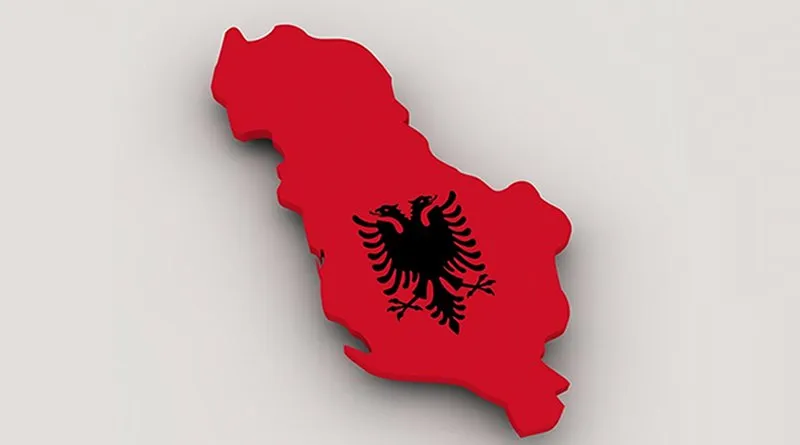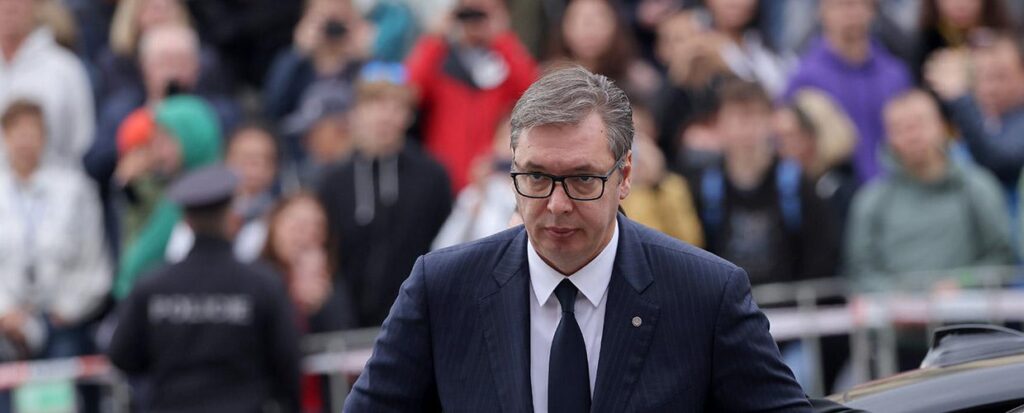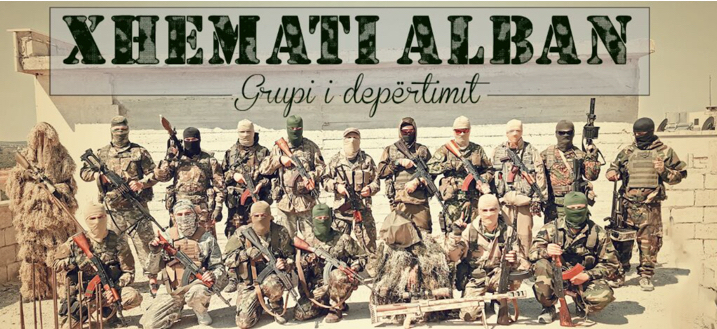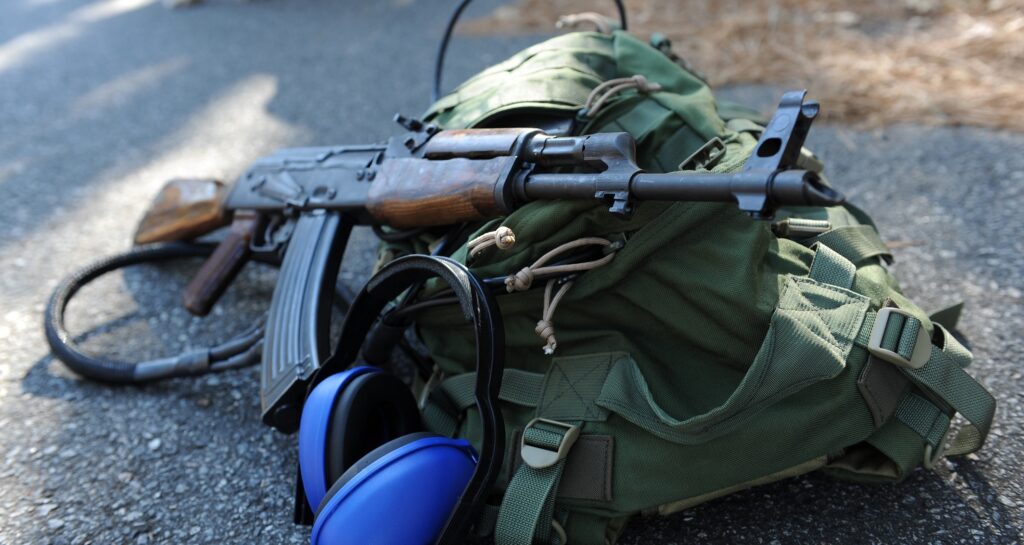Abstract: The primary purpose of this article is to explain the meaning and consequences of foreign fighters’ participation from Western Balkan countries (WB6) in armed conflicts in Syria and Iraq. In the first part, the issue of foreign fighters is discussed in historical terms. The author focuses on the examples o
the Soviet invasion of Afghanistan and the ethno-religious conflict in Bosnia and Herzegovina. In the second part of the text, the definition framework of foreign fighters’ concept and its evolution towards foreign terrorist-fighters is discussed. Then, a detailed analysis of the main problem is conducted,
and several research questions are answered: 1) What is the scale of the phenomenon of Balkan volunteers (e.g., their number, the structure of origin, and others) in comparison to fighters from other regions? 2) What are their motivations and goals, and what are their recruitment process and ways of
moving into the war zone? 3) What is the threat posed by returning fighters to the security of the Western Balkans, and how do individual states counteract this phenomenon? The author uses mainly the following research methods: critical content analysis (literature, scientific articles, documents, reports, press materials), and historical and comparative analysis. The author’s visits to this country in 2018-2020 constituted an essential contribution to the part concerning the case of Kosovo.




